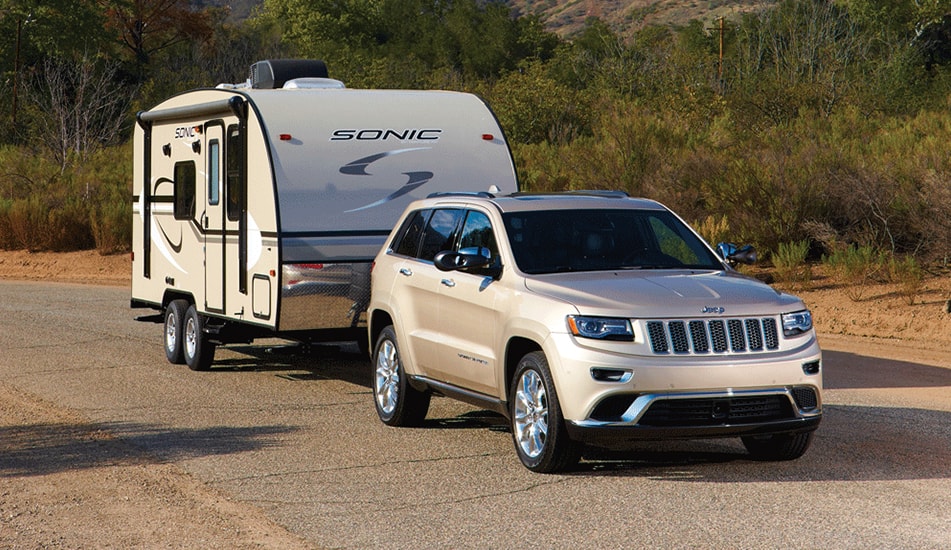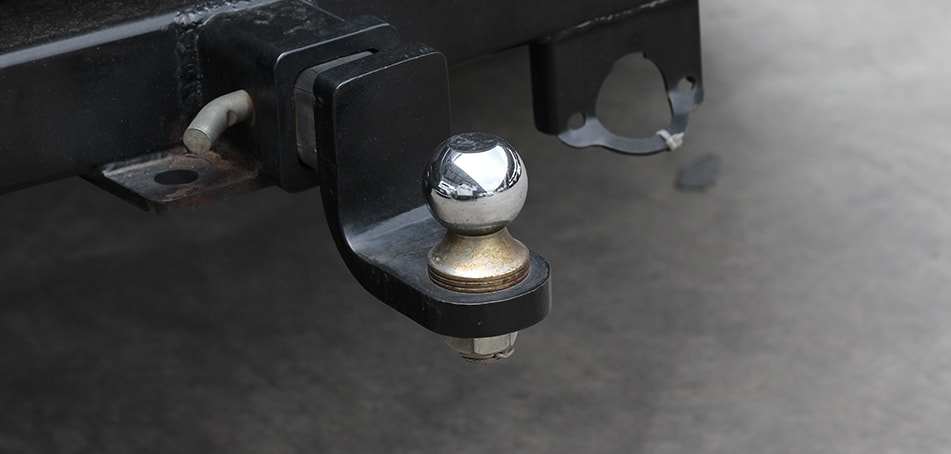Know Your Trailer’s Weight
For some, towing a trailer behind a vehicle can be an intimidating task. With the weight and size of your towable, things can go very wrong if you’re not careful. However, with some knowledge and practice, towing can be a worry-free job! It is important to know your vehicle’s tow capacity (found in the owner’s manual). What matters most is your vehicle’s gross combined weight rating (GCWR). That’s the total amount of weight allowed for your RV. This includes the vehicle, occupants, and cargo, plus everything in and on the trailer (even extra passengers). No matter how much weight there is behind you, you will feel a difference. You also want to take in account the Trailer’s tongue weight, the amount of weight the trailer rests on the hitch. This number should be about 10% of the trailer’s weight. Too little weight and the trailer could sway back and forth. Too much weight on the tongue could take weight off the tow vehicle’s front tires and make it harder for you to steer.


Hitching
When hitching, it is critical that you find the right size hitch ball for your trailer, or else the trailer could come loose while you are driving. Make sure you use the right amount of drop/rise on the hitch bar so the trailer is level with your vehicle. ALWAYS use the safety chains! Then, connect the lights and double check that all the lights and breaks are working correctly
Driving & Braking
It is key when towing to avoid sudden movements if possible. You don’t want to have to turn the wheel quick or brake/accelerate suddenly. You want to stay as easy and smooth as possible. Weight distribution bars are something worth looking into. They allow you to tow to your vehicle’s maximum weight capacity allowed by your hitch. It also helps to correct tow vehicle sag, and improve steering/stopping.
It’s going to take you longer to stop your vehicle while towing than your vehicle normally would by itself. So it is critical that you keep a safe distance between yourself and the vehicle in front of you. Make sure to ease into a stop and avoid slamming on the brakes. It will take all that weight behind you a little longer to stop. Give yourself plenty of time and space for a stop!




